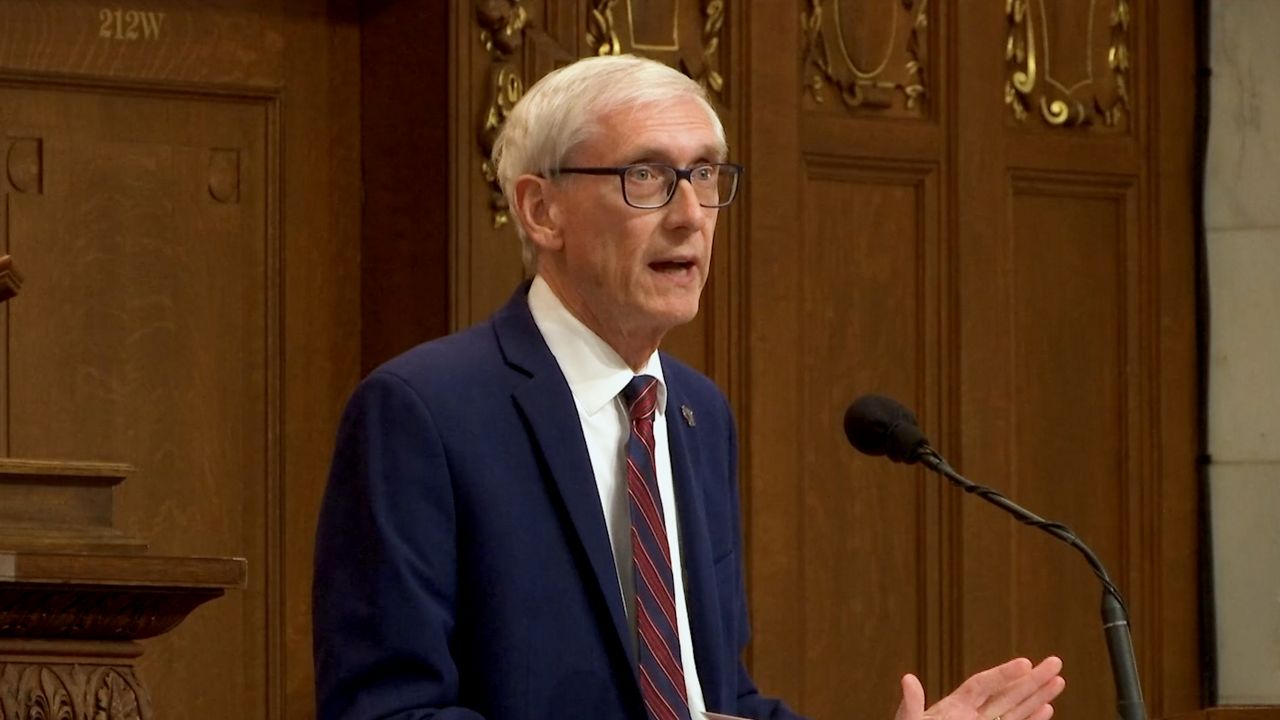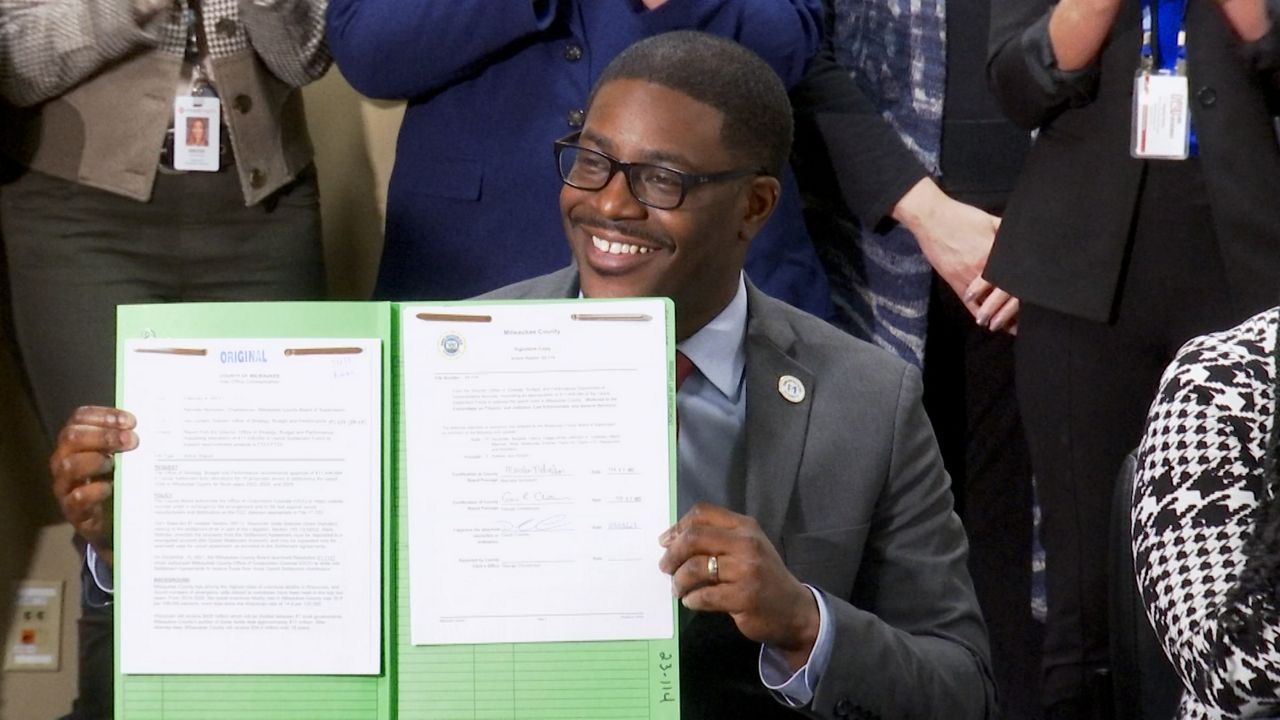MADISON, Wis. — Democrats and Republicans disagree on many issues. However, the need to fix Wisconsin’s shared revenue system for local communities is not one of them.
When it comes to finding the best way for the state to provide tax dollars to cities and counties, to help pay for services such as police and fire protection, lawmakers from both sides do not see eye to eye.
Under a proposal announced by Assembly Republicans Thursday, every community in Wisconsin could see a minimum 10% boost in shared revenue, with those additional dollars covered by putting a chunk of the state’s sales tax into a savings account.
For every dollar spent in Wisconsin, there is a 5-cent sales tax charged, with some limited exceptions. Under the proposal, one penny of that 5-cent tax would go to local communities.
Assembly Republicans held press conferences all across the state Thursday to announce a “historic” investment in the state’s shared revenue system. The proposed plan would use 20% of the state’s sales tax revenue to fund local governments, as well as make nearly $500 million dollars in new investments. Among them, $300 million for a brand-new Innovation Fund that would incentivize communities to share services, such as administration, IT, police and fire.
“If the state does well, our locals are going to do well, and I think that’s a key point,” State Rep. Tony Kurtz, R-Wonewoc, explained during a press conference held at the state Capitol. “The formula for the current shared revenue has been frozen since 2004. Our locals have not shared in the growth that the state has had.”

During his February budget address, Gov. Tony Evers proposed committing 20% of the state’s sales tax to local communities. However, Democrats remain skeptical of the plan announced Thursday by Republicans.
“We still haven’t seen a bill draft from the GOP, and there is a lot more work to be done to ensure that we have a solution that works for the people of Wisconsin,” Assembly Minority Leader Greta Neubauer said in a statement. “We look forward to continuing these conversations to give our communities the support they need to be successful.”
Some local leaders were quick to praise the proposal Thursday.
“We’ve been through some difficult budgets, and one that I will never forget is the year we considered shutting off every other streetlight in the City of Watertown to save $250,000,” Watertown Mayor Emily McFarland shared with reporters.
On top of the new Innovation Fund, an additional $227 million investment was proposed to help smaller communities, with $50 million earmarked for counties and the remaining funds for villages, towns and cities. Those dollars, however, would come with spending requirements on police, fire, EMS, public works and transportation.
“If you drive through a few potholes, that’s one thing, but if you can’t respond with ambulance and fire service, that’s a whole different ballgame,” Town of Bristol Chair Jerry Derr, who also serves as president of the Wisconsin Towns Association, said during Thursday’s press conference.
Among the details to still be worked out is whether the City of Milwaukee and Milwaukee County would be allowed to raise their local sales tax and if voters need to approve such a measure by referendum.

Milwaukee County Executive David Crowley acknowledged the Republican proposal is among the first steps taken on local revenue reform in almost a generation.
“The shape of this proposed legislation represents a punctuation mark in resetting the relationship between the Legislature and leaders in the Milwaukee County region,” Crowley said in a statement. “There is still more work to be done, but this proposal has the potential to bring needed funds to address our unfunded liabilities – and in turn avoid a fiscal cliff that would jeopardize investments needed along the public safety continuum and core government services.”
Other local leaders, including Waukesha County Executive Paul Farrow, a Republican, raised concerns about the proposed plan, especially as it relates to Milwaukee. Farrow said what Assembly Republicans offered amounts to a “bailout” for the “out of control pension fund” in Milwaukee through local sales tax increases.
“Unfortunately, their plan doesn’t give us what we needed; a solution to the problems created by an outdated state revenue formula and decades of unfunded state mandates,” Farrow explained in a statement. “The new money provided under the proposal falls far short of what a low-tax county like Waukesha needs to fight crime, support our 911 dispatchers, and keep our roads and the public safe. In fact, if unchanged, the new spending proposal would barely cover the cost of inflation in one year of our county budget. Making matters worse, the plan attaches just enough strings to tie our hands and prevent us from using the funds in the best way possible.”
Republicans still have a few details to work out between their caucuses in the Assembly and Senate, but lawmakers said they hope to have a draft bill to share by early next week.


